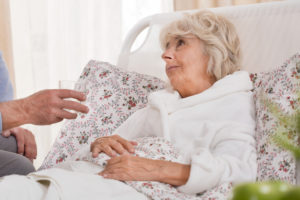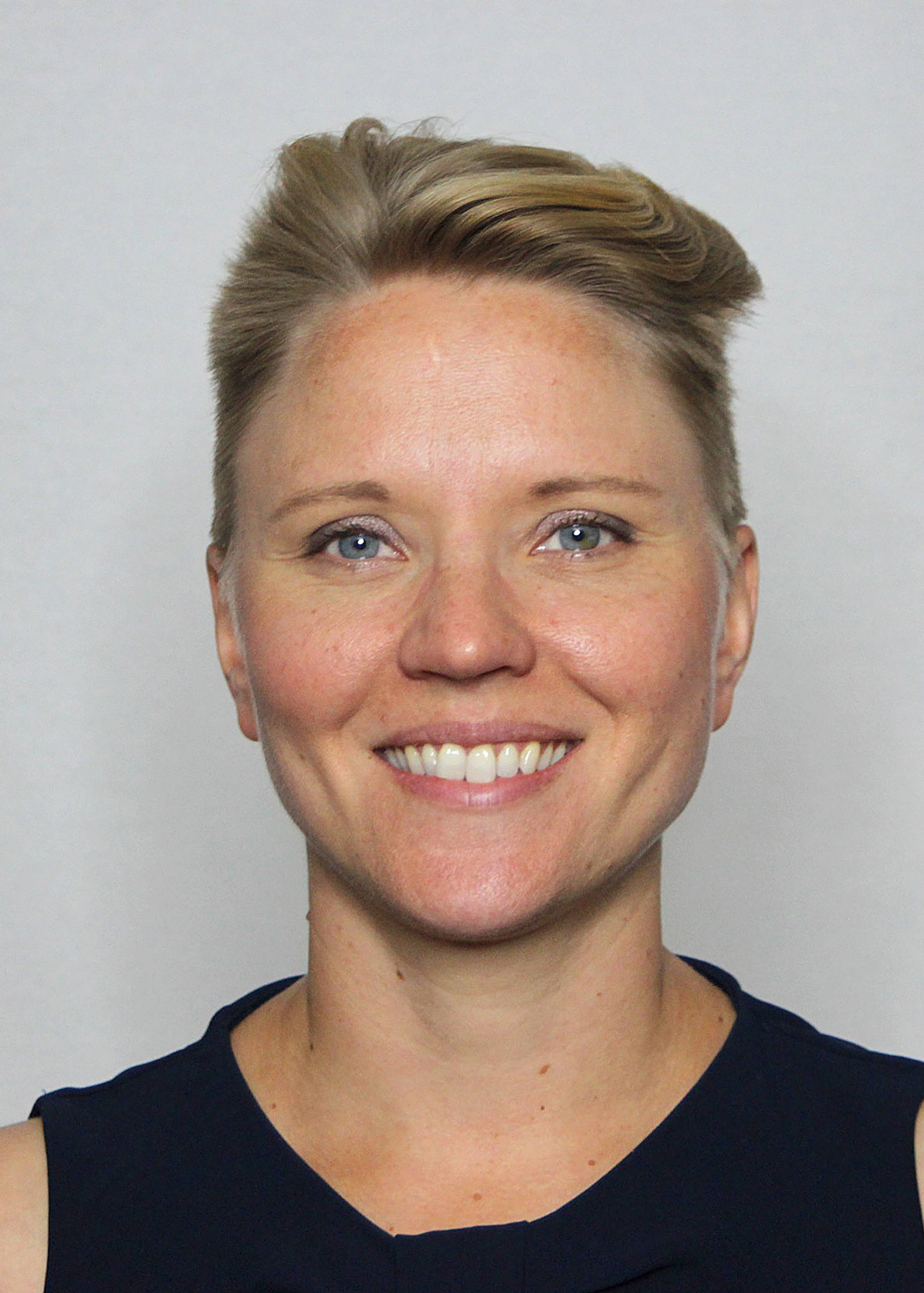Another very poor care home has closed. Following a Care Quality Commission (CQC) inspection, which put the care home, Doddington Lodge, into special measures, the home has now closed.
A recent CQC report found that the care home was inadequate in four out of five areas. One particular finding in the report will shock readers: in relation to a resident of the care home who had previously suffered from deep vein thrombosis (DVT), the resident had not been encouraged to move. The report stated: “People were exposed to harm, both in terms of their physical environment as well as the care they received.”
Malnutrition and dehydration
The CQC inspectors made three unannounced visits in September 2017 to this care home. The CQC inspectors found that the home’s residents were at risk of malnutrition and dehydration and that residents did not have sufficient support to ensure that they ate or drank enough.
The report also found that some of the wheelchairs were unsafe. In fact, five wheelchairs were found to be unsafe with one brake being held together with sticky tape. The home, which had thirty residents, some of whom had dementia, had no registered manager.
Some residents without hot water
The CQC report, which is available from the CQC website, found that some residents remained without hot water for over two months, and that there was no plan in place to rectify the situation. Further, the patients’/residents’ risk assessments were not followed which resulted in unsafe care and treatment.
Poor skin care of elderly residents
The report found that some of the residents’ skin care was compromised as guidance was not being followed in order to prevent skin sores. According to the CQC, concerns had previously been raised with this care-home provider but the CQC’s stipulations had not been actioned.
The CQC concluded that the residents were not always treated with dignity and respect and that some of the residents were unable to enjoy their hobbies and interests. Astonishingly, professional and medical guidance was not followed which meant that the residents’ health needs were not always met.
The CQC report noted that some of the residents’ risk assessments were out of date and required reviewing and updating. One resident’s health had deteriorated to such a degree that their mobility, and therefore risk of falling, had increased; however, according to the records, there had not been a review for over two years.
Poor health and safety
A health and safety assessment, which also took place on one of the days of the inspection, found that a fire escape route was impeded by three wheelchairs and a hoist.
The CQC noted that some of the staff thought that there were insufficient staff on call at night.
Major problems with food
In relation to the residents’ dietary requirements, the CQC inspectors found that the kitchen staff were unaware of the residents’ eating and swallowing needs. The CQC report concluded: “There was no understanding of the correct preparation of food to meet people’s individual needs which left people at risk of choking and malnutrition.”
The inspectors highlighted one of the residents who had Parkinson’s disease and had difficulty eating. As the food amounts consumed by this resident were not checked between July and August 2017 (according to the report), the resident suffered a weight loss of 1.7 kg but, despite this, medical treatment had not been sought. The staff, when asked, were unaware of the implications of the progression of Parkinson’s disease.
Too few drinks
Despite recommendations from the British Nutrition Foundation that people consume around 6 to 8 glasses of fluid per day, one of the residents was found to have only consumed 200ml of fluid on one particular day and 630ml of fluid the day before, way below recommendations.
The CQC report noted that the kitchen staff had not received any training on how to prepare food for people who had complex health needs. In particular, the staff had no awareness of how to manage Parkinson’s disease.
Too few baths
In terms of washing, the inspectors noted that the residents’ individual preferences in this care home were not routinely recorded and, as a result, staff could not demonstrate an understanding of residents’ individual wishes and preferences. Some couldn’t bath when they wanted to.
The report also noted that there were soiled clothes in the communal areas where people sat, and that personal information was easily accessible by anyone coming into the home.
As solicitors specialising in abuse and accidents occurring in care homes, even we find the report into this care home particularly scandalous. As a resident of a care home, or as a relative of someone who is in a care home, if you have any concerns about the standard of care that you or your relative are receiving, do make a complaint to the care home and escalate it to the appropriate authorities, including the CQC, should you feel that your complaint has not been handled properly.
Further Reading
From one of the UK’s most read legal blogs.











